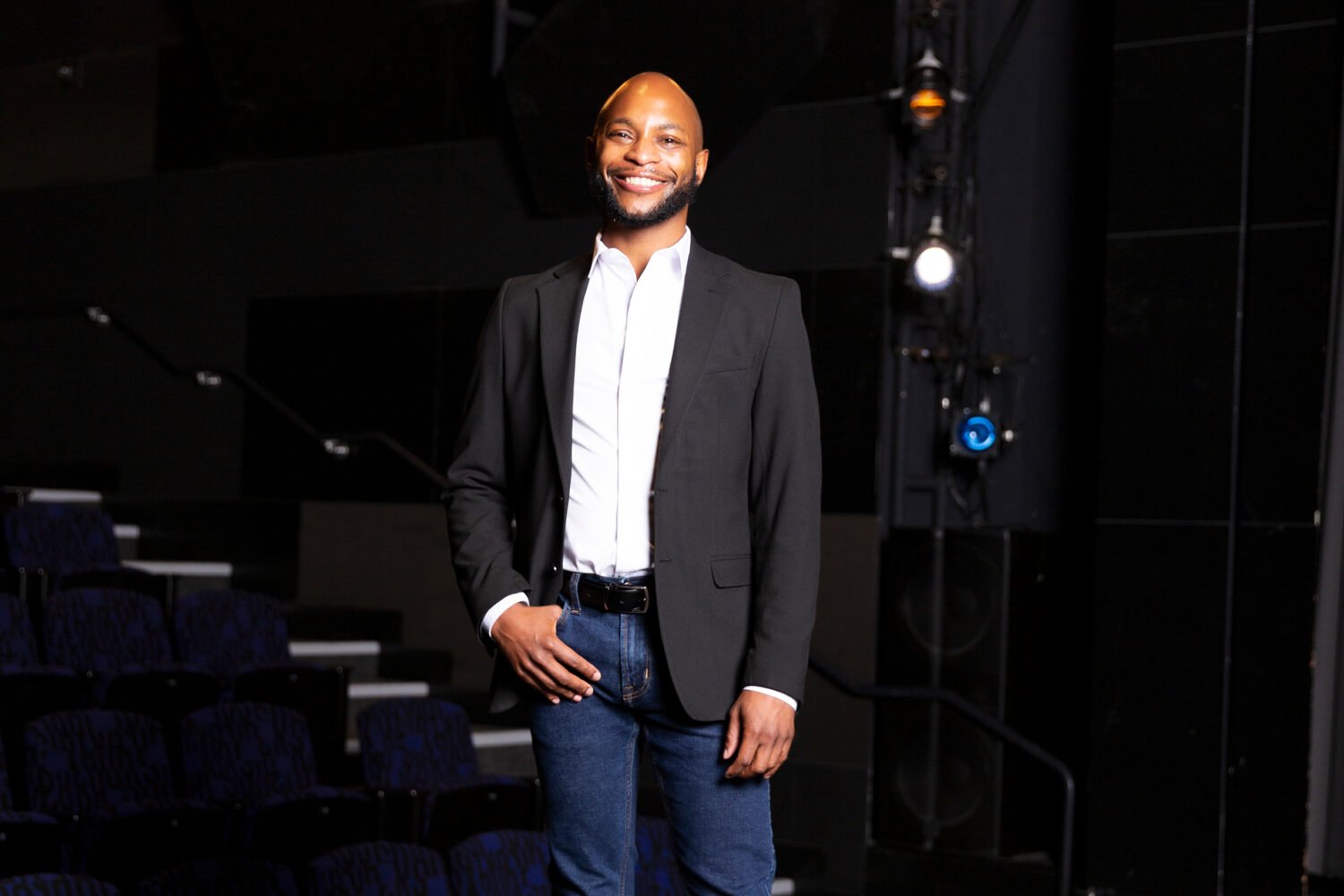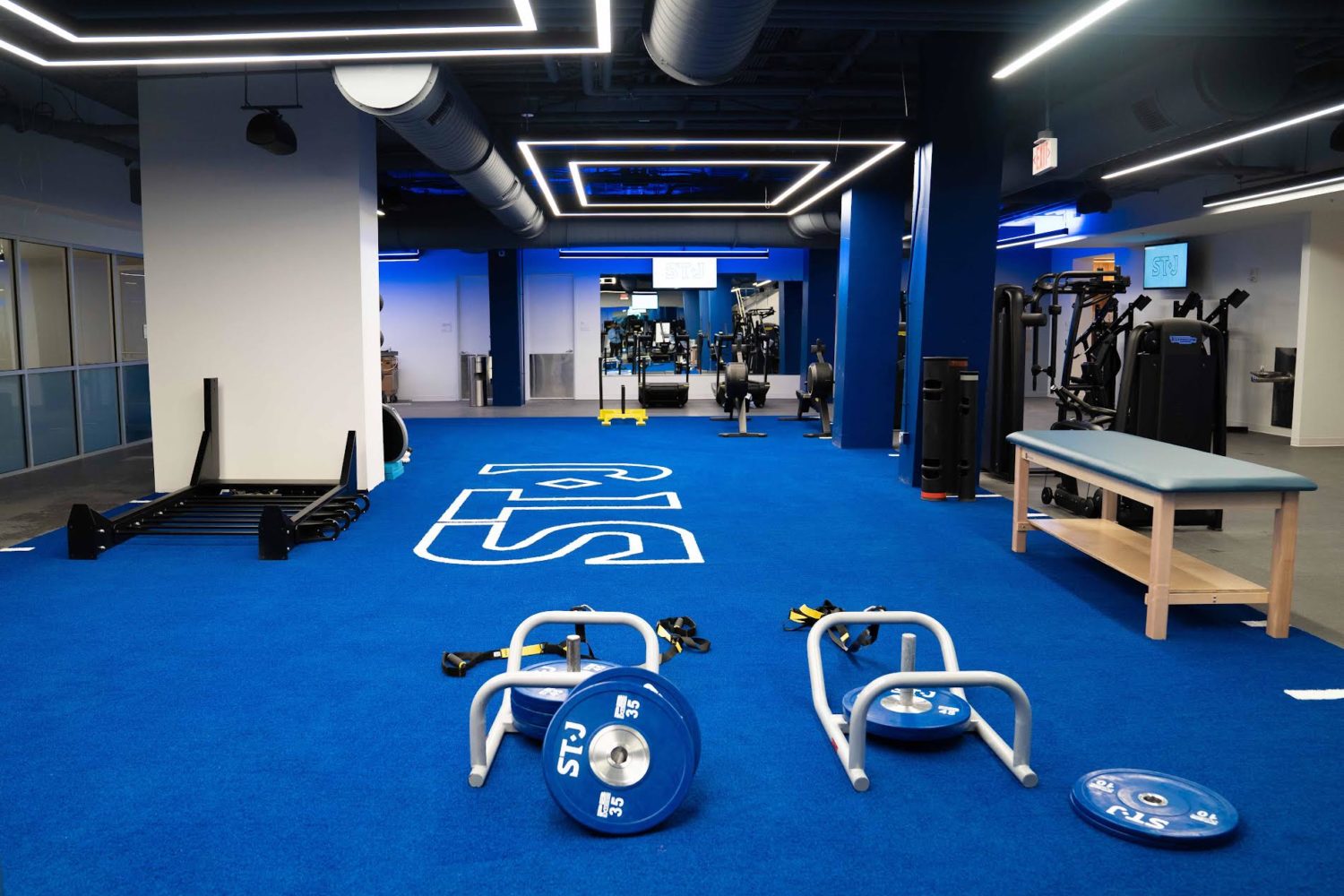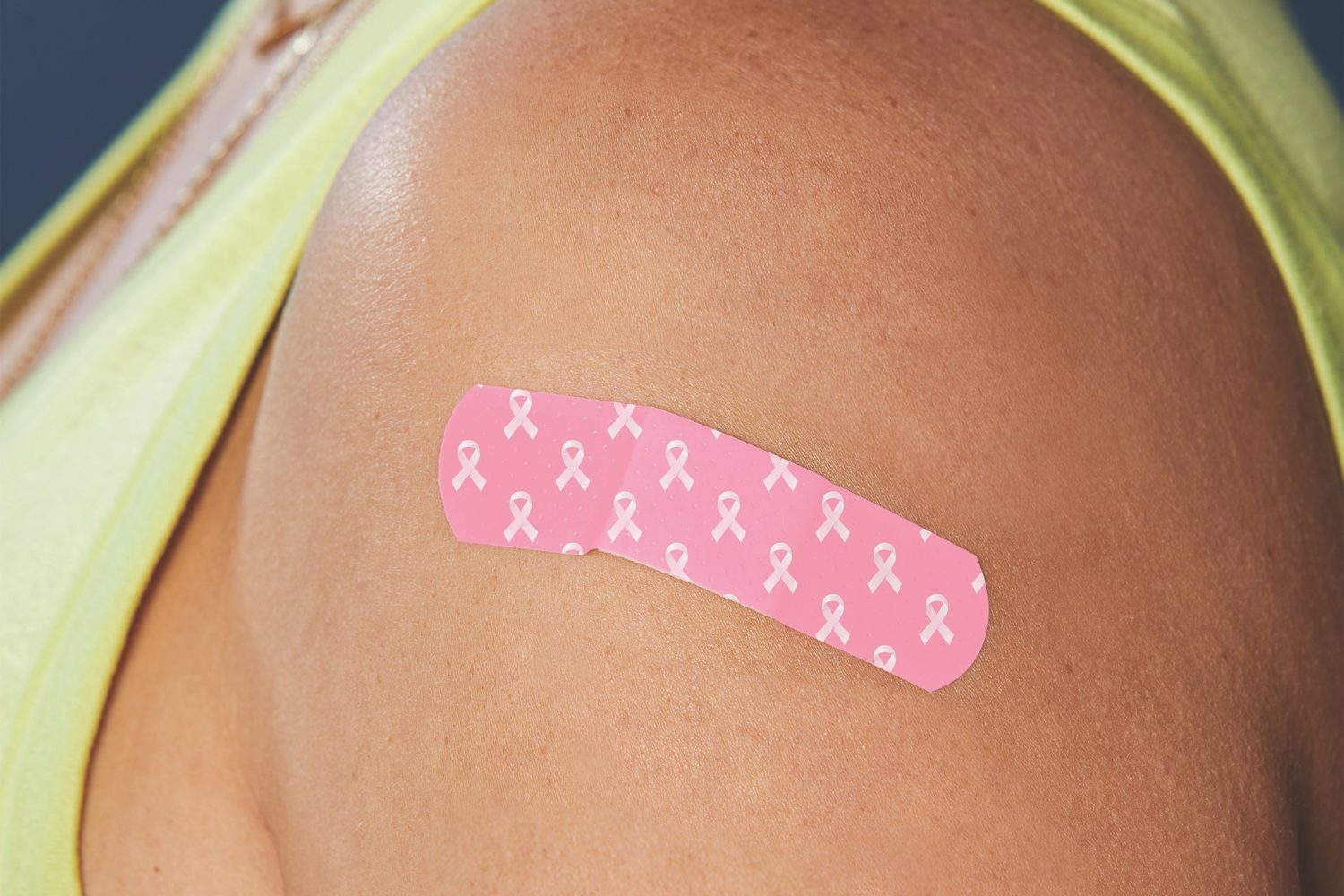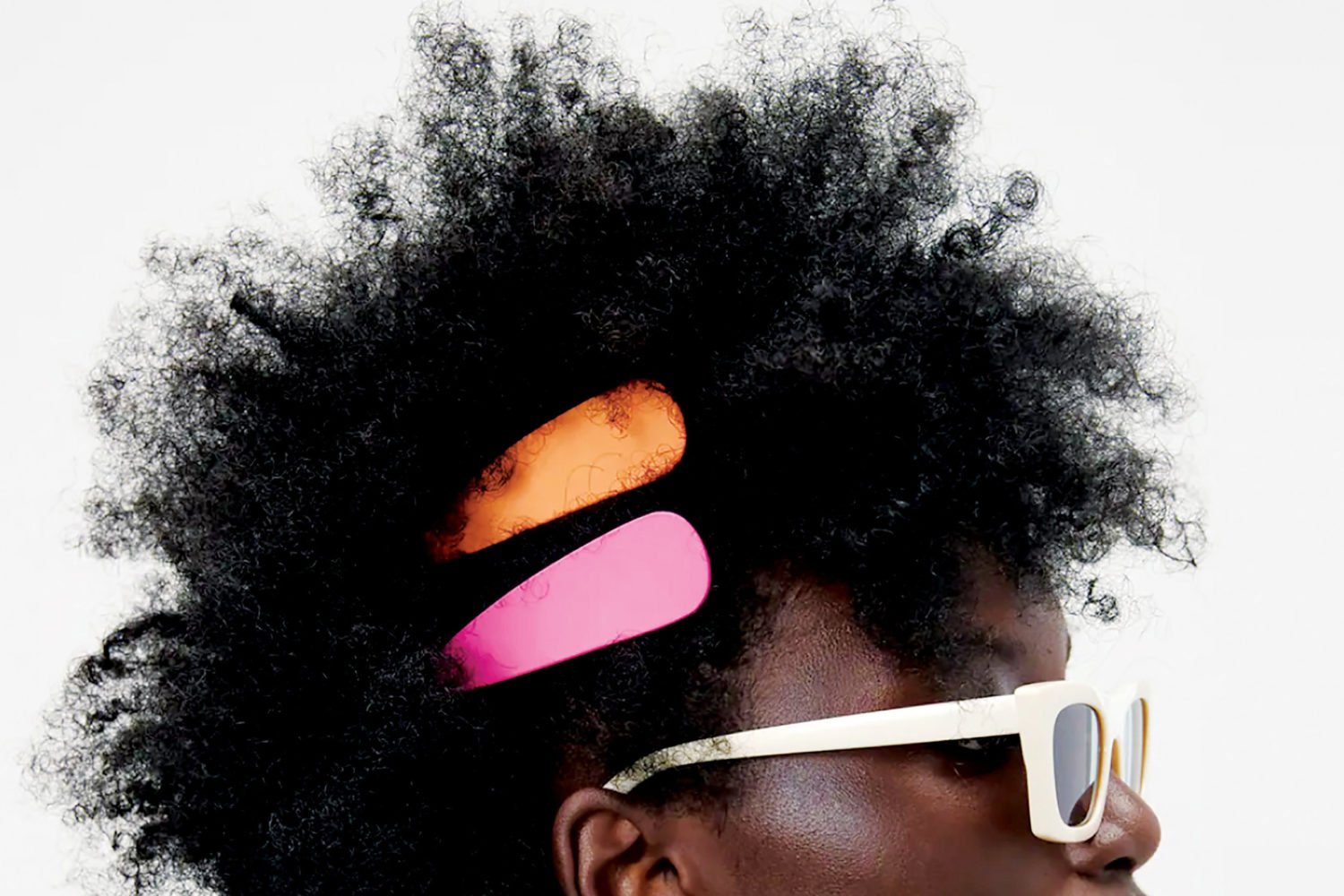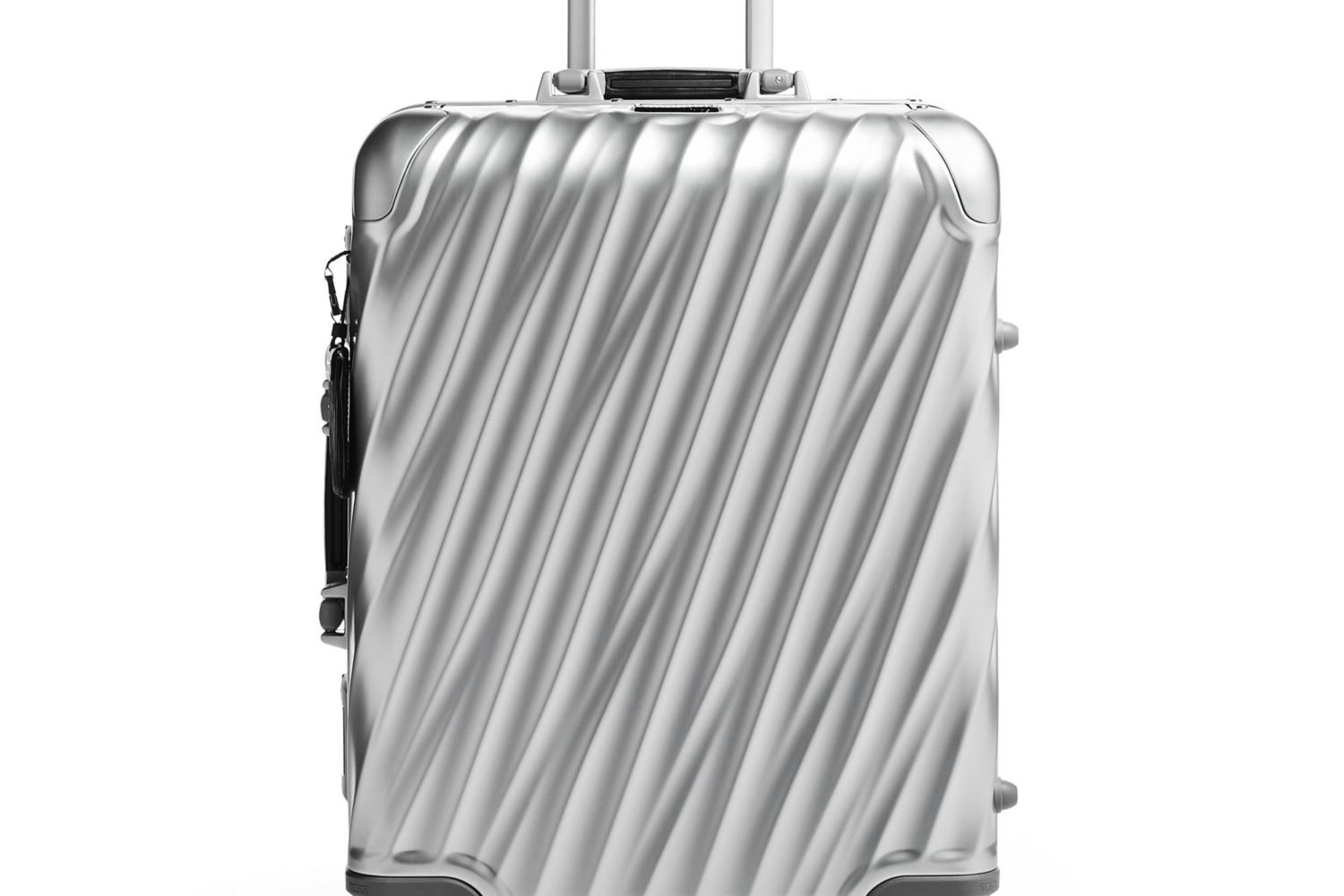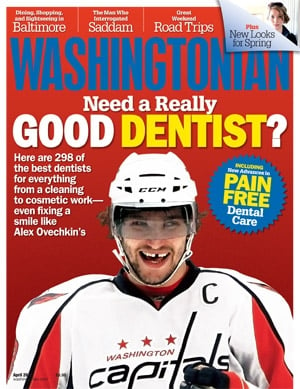
Daniel Deutsch and Marc Doctors sat next to each other in dental school in the 1960s. Today they’re partners in a downtown DC practice that specializes in general and cosmetic dentistry. They’re also the official dentists for the Washington Wizards. Here’s a conversation with them.
You think of orthopedists and physical therapists working with professional athletes. Does every team also have a dentist?
Deutsch: All of them have dentists. These players are worth millions of dollars—the team owners want them in perfect shape. They get hit in the mouth, their teeth are loosened or knocked out, or they have infections. They’re big men who collide—it’s amazing they don’t hurt themselves more often.
Doctors: We do their regular dental care as well. We find that a lot of the younger athletes haven’t had regular care.
Do all of them wear mouth guards when they play?
Deutsch: Not all, unfortunately. Most start wearing them only after they’ve been hurt—there’s nothing like being injured to make you realize you should protect your mouth.
Why don’t they want to wear them?
Deutsch: They find it inconvenient because during the game they talk a lot. Some mouth guards can make it hard to breathe. We try to build comfortable, thin guards that also give protection.
Which sports are the most dangerous when it comes to injuries to the face?
Doctors: Because hockey players don’t wear the protection worn in football and lacrosse, hockey is the most dangerous to the mouth. I imagine basketball is second because of the lack of protection. I’ve been playing hockey for 35 years. I learned to play as an adult, and I play in an over-60 league in Laurel at the Gardens Ice House. I’ve been able to avoid most injuries because I wear a cage like you see lacrosse and football players wearing.
Why are so many professional hockey players missing their teeth?
Doctors: There’s a macho attitude in hockey. They wear eye shields now, but nobody wears a complete cage and most don’t wear mouth guards. It’s because of the communication and the breathing.
But why don’t they have their teeth fixed when they do break or get knocked out?
Deutsch: Among hockey players, the attitude is “We’re in a violent sport and we’re going to get our final dentistry done when we’ve retired.” You’ll talk to some of them and they’ll do things temporarily with the understanding that they may have more injuries. When they’re done with their hockey career, they’ll end up having more extensive dental work done.
What do you think of Alex Ovechkin’s teeth?
Doctors: It’s like a trademark. He’s an iconic figure. Because of that, he gets away with not having a front tooth—it’s who he is.
What should a young athlete wear to protect his or her mouth?
Deutsch: The most important thing is that they go to a dentist to get a mouth guard. A dentist takes an impression and creates a guard that is an exact representation of the patient’s mouth. Those things that you buy in the store—that you heat up and put in your mouth—are so generic that they’re very uncomfortable. And the more uncomfortable they are, the less people wear them.
How much do mouth guards cost?
Doctors: When we make one for a professional athlete, it may cost as much as $900 because it’s specially designed and much more customized. But for a recreational athlete, the range would be around $400 to $600.
Do you think we’ve gotten better about protecting our teeth? Or have sports gotten more physical?
Deutsch: Athletes now are much bigger. It used to be that a kid would play their sport in their season and do something else the rest of the year. Now these people are athletes 12 months a year—they’re in incredible shape and muscular. I think there’s more damage done because they’re bigger people crashing into each other.
Doctors: It’s a very risky time when you’re a child—playing sports, riding a bike, jumping into a pool. We treat adults in our practice, and a very high percentage of adult males have damaged front teeth. They may have broken a tooth as a child, had one knocked out, or had a blow that caused a front tooth to darken. Having mouth protection is important.
Deutsch: Injuring your permanent teeth is similar to injuring a bone—you’re stuck with that problem the rest of your life. If you fall off a bicycle when you’re eight and break your front teeth, you still have broken front teeth when you’re 68.
This feature first appeared in the April 2011 issue of The Washingtonian.


